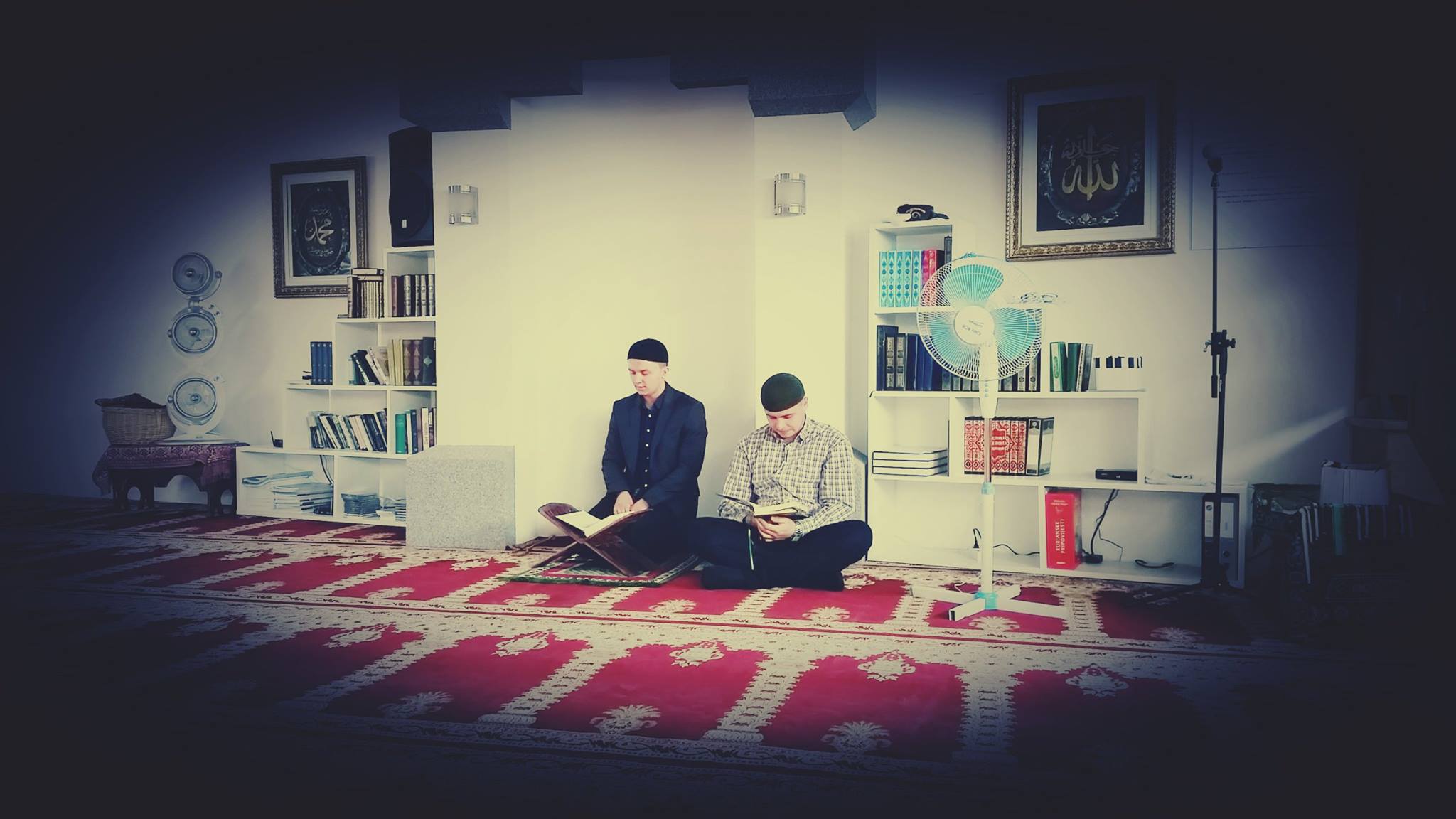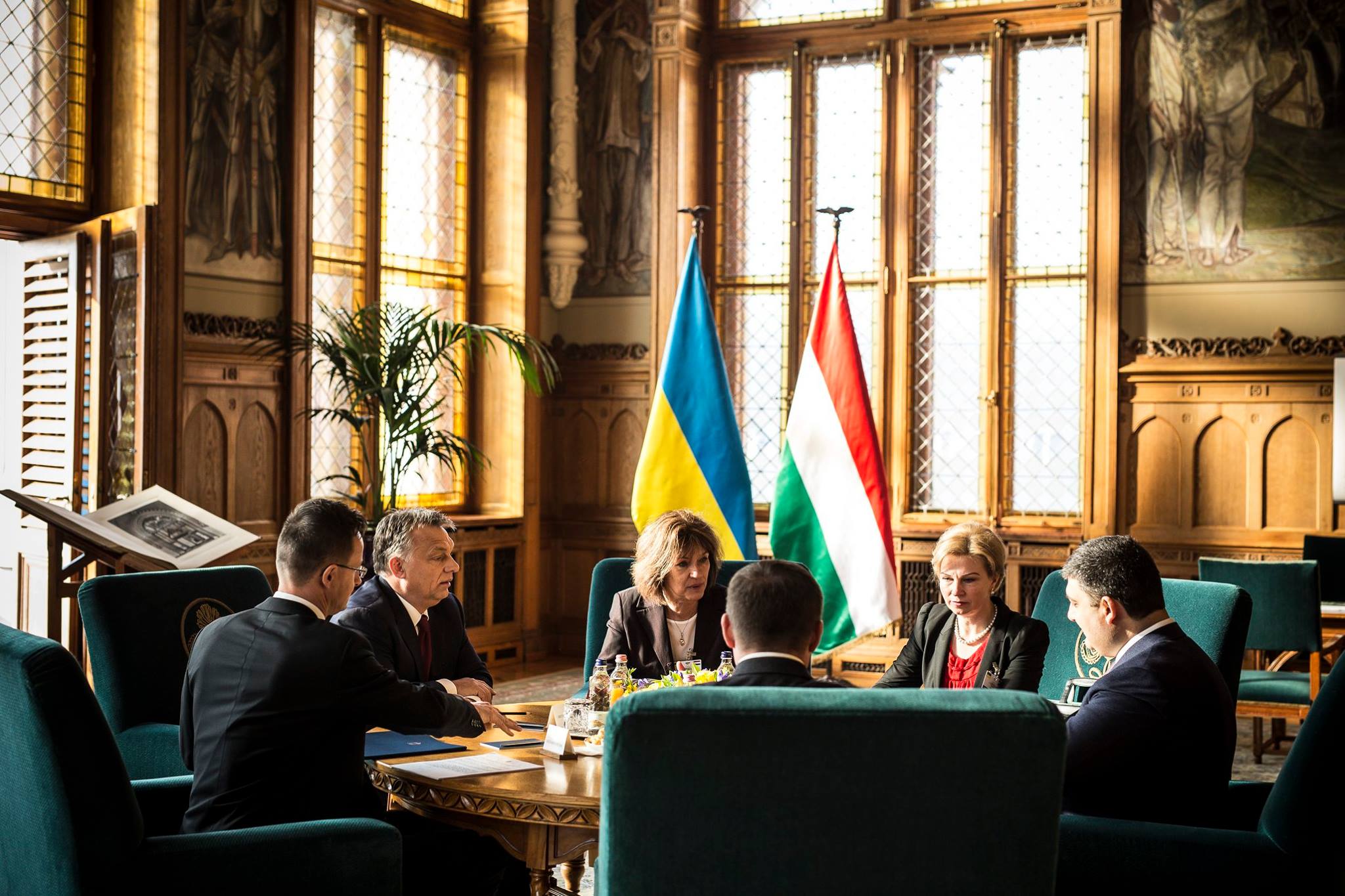Poland, Warsaw – Former Polish President and founder of the “Solidarność” organization Lech Wałęsa said today that he might sue the National Remembrance Institute (IPN), regarding its accusations of being a paid informant during the communist-era.
Wałęsa denies the allegations and says that these documents are falsified. Last week, the IPN (Instytut Pamięci Narodowej), the polish institute specialized in the legal and historical sciences and in particular the recent history of Poland, released some documents recently seized at the home of a former communist-era official. According to IPN, these documents show that Lech Wałęsa was a paid informant of the former regime, even if they did release the files without further examination.
Wałęsa told the press he wants to see the incriminatory documents and will probably bring the case to the court, where he would prove that they have been fabricated. In 2000, a special court have cleared him of collaboration allegations, saying no proof had been found. Although, Wałęsa admitted to having signed some documents for the security police in the 70s, without specifying what kind of documents.
In 2011, the institute said that in the early 1980s communist authorities tried to prevent Wałęsa from getting a Nobel Peace Prize by fabricating documents suggesting that he did collaborate. In spite of that, Wałęsa got the prize in 1983 for founding and leading Poland’s Solidarność movement.
The institute’s prosecutors were searching the house of late communist-era leader Gen. Wojciech Jaruzelski for any documents that could be found there. Jaruzelski imposed martial law in 1981 and had Walesa arrested, as he sought to crush Solidarity. The nationwide movement prevailed, leading to the 1989 ouster of the communists.
Demonstration of sympathy and politicization of the case
Some demonstrations had been help through the country, especially two days ago in Warsaw. Yesterday, on Sunday the 28th, few thousands of Poles demonstrated in Gdańsk, the historical city from where started the Solidarność movement in 1980. With Polish flags, the demonstrators expressed their unconditional support to the former Polish President they still see as a national hero and some accusations had been maid by the opposition. The PiS government is told to be responsible for the allegations of the IPN and the liberal opposition is already using this issue to attack the PiS government, following their civil unrest policy.




